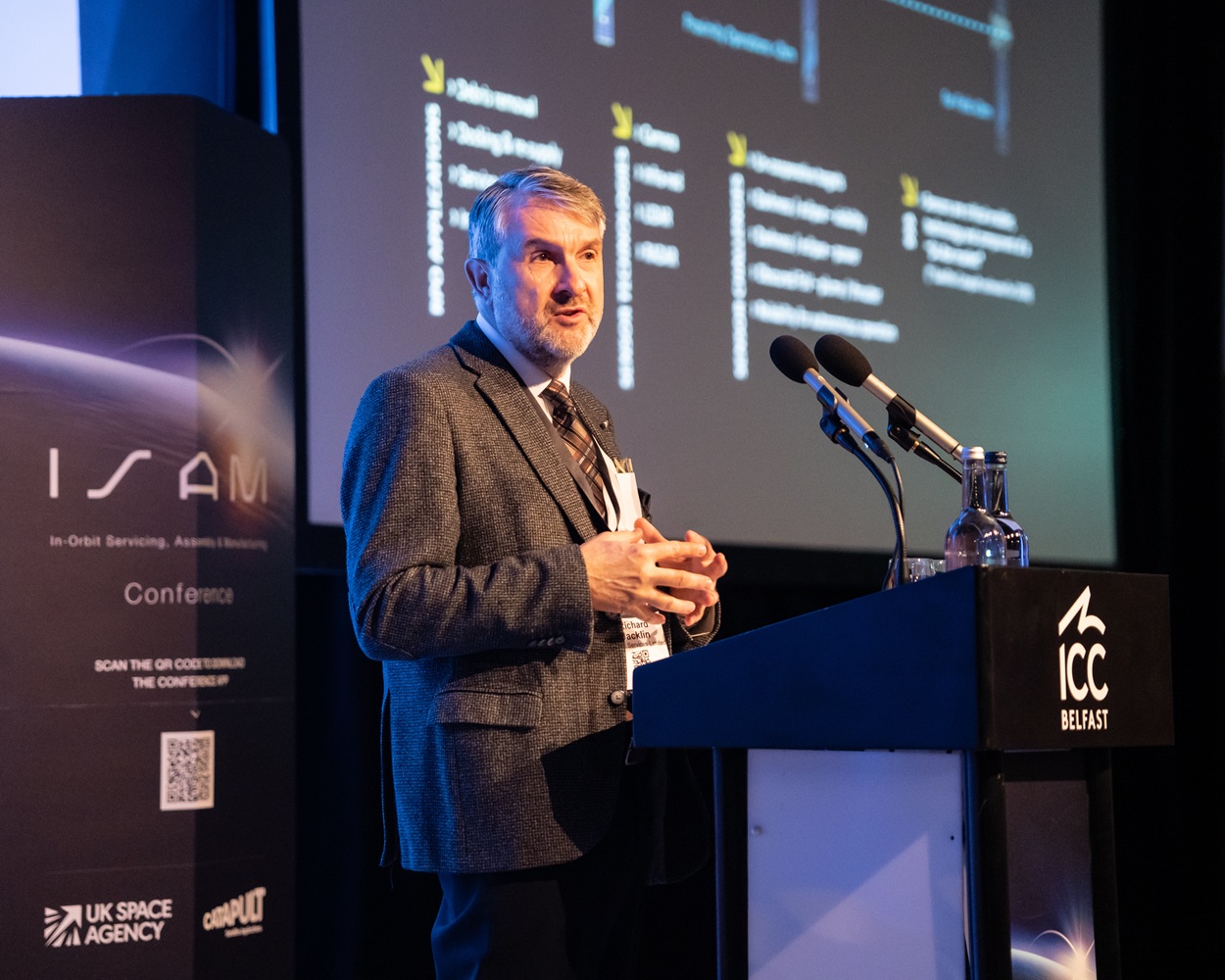Aviation in the post-pandemic era

Image courtesy Artemis Aerospace
The pandemic has changed the aviation industry irrevocably. Unlike any other crisis in the sector's history, COVID-19 not only grounded numerous aircraft, wiped billions from industry revenues and cost 200 million jobs but it also fundamentally changed consumer behaviour overnight.
However, despite these extraordinary setbacks and unparalleled circumstances, as we emerge and recover from the pandemic, one thing has become clear: the aviation industry has a unique opportunity for transformation.
The acceleration of some technological advances that were already in the pipeline, such as automation, along with new business models and growing travel demand are sparking the dawn of a new era – one that ultimately has efficiency and environment at its heart.
Automation – increasing efficiency in a restricted world
While automation has long been a buzzword in the world of aviation, technological advances and investment in automated services for both the commercial and cargo sectors have surged over the last couple of years.
Automated innovations have been crucial to maintaining operations throughout the pandemic, instilling passenger confidence and creating safer working environments for employees across the board. There is no doubt that automated innovations will continue to evolve as we navigate the new aviation ecosystem.
From touchless check-ins to contactless immigration and supply chain support, automation in a post-pandemic world will generate greater efficiency and help to solve many of the challenges we face going forwards as we work towards getting back to pre-pandemic levels of business.
Transforming the business model
Traditionally, business travellers have always been the main revenue source for commercial operators with 75% of airline travel profit attributed to passengers travelling for work. However, with business travel unlikely to recover to pre-pandemic levels anytime soon, airlines will have to reinvent and rework their business models to address this.
Past crises have demonstrated that business travel takes the longest to recoup. For example, it took four years following 9/11. The added complications brought about by COVID-19, such as the popularity of remote working and online meetings – along with their associated cost savings – has meant it is likely that business travel, while still a necessity in certain situations, will not reach its previous levels ever again.
Meanwhile, leisure travel has rebounded more quickly than forecast and, indeed, as long as people have been allowed to fly, the demand has still been there.
With this in mind, airlines will need to assess and restructure cabin configurations, landing slots, networks, aircraft sizes and ticket pricing to maximise their potential while business travel remains subdued.
However, growth is not limited to passenger traffic and cargo is still estimated to increase – even double – over the coming decade.
Ecological advances
Despite the lull of the last two years, flights are expected to double in the next 20 years, so, as an industry, we have a responsibility to ensure we are doing everything we can to minimise our environmental impact.
Biofuel and electrically powered aircraft are key to reducing the carbon footprint and environmental impact of air travel – and we are closer than ever before to making these a reality for commercial airlines.
While there is still some way to go in rolling out biofueled aircraft across the industry, Boeing has already committed to making planes that fly on 100% biofuel by 2030 and even staged the first commercial flight in 2018 using 100% biofuel.
Likewise, as far back as 2010, the Swiss company Solar Impulse built an electrically powered aircraft that could run on solar power during a 26-hour trial flight.
These advancements have continued, with Harbour Air's thirty-minute flight of its six-passenger DHC-2 de Havilland Beaver and NASA's new all-electric plane that is currently in development.
It is possible that, much like motor vehicles, jet planes will eventually become hybrid alternatives with the benefit of reducing environmental impact, cuttings fuel costs and lowering maintenance expenses.
Aviation – at the forefront of innovation
As an industry, aviation has achieved so much. Not only has it become one of the safest and most reliable modes of transportation in the world, it has also contributed exponentially to social and economic development.
The allure of travel and connecting people with places – along with cost-effective and quick methods of transporting cargo – will always be attractive options and undoubtedly this will continue well into the future. The question now is not 'Will aviation reach pre-pandemic levels?' but 'When will it surpass pre-pandemic levels?'."











